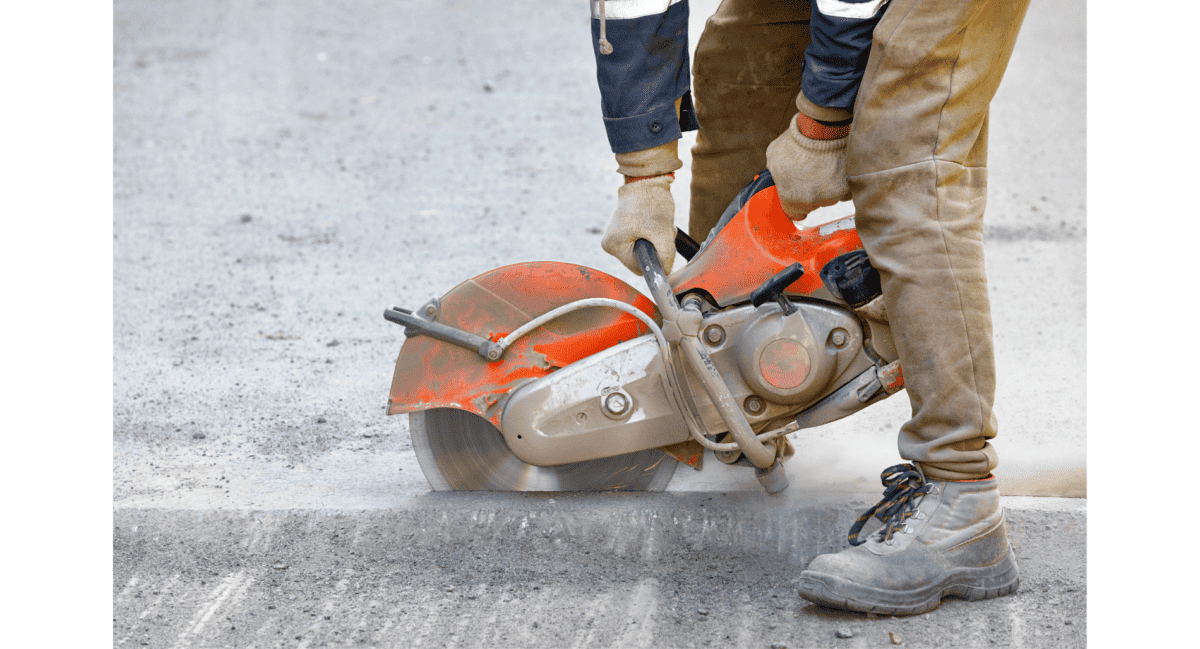As hearing professionals, our commitment extends beyond diagnosing and treating hearing loss; it involves empowering individuals with knowledge to safeguard their auditory well-being. One often overlooked aspect of hearing health is the profound influence that environmental factors, particularly weather, can have on our ability to hear. In this article, we will explore the intricate relationship between environmental conditions and hearing loss, offering valuable insights and practical steps for protection in various climates.
Understanding the Impact of Environment:
Weather, climate, and environmental conditions can significantly affect hearing health. Exposure to extreme temperatures, high humidity, and noisy environments may contribute to gradual hearing impairment. Recent research has delved into the mechanisms through which these factors interact with the auditory system, shedding light on potential preventive measures.
Cold Climates:
In colder regions, individuals face increased risk due to temperature-related factors. Cold temperatures can lead to vasoconstriction, reducing blood flow to the ears. This restricted blood flow may affect the delicate structures of the inner ear, potentially contributing to hearing loss over time. Moreover, cold weather often accompanies dry air, which can cause irritation and impact the overall health of the auditory system.
To mitigate these risks, individuals in colder climates are advised to wear protective earmuffs or earplugs during exposure to extreme cold and windy conditions. Additionally, maintaining proper ear hygiene and moisture balance through the use of gentle moisturizers can help prevent dryness and discomfort.
Hot and Humid Climates:
Conversely, warmer climates bring their own set of challenges. High humidity can contribute to the growth of bacteria and fungi in the ear canal, leading to infections that may result in hearing loss if left untreated. Prolonged exposure to high temperatures may also increase the risk of heat-related illnesses, which can indirectly impact hearing health.
In such climates, individuals should prioritize keeping their ears dry and clean. This involves using earplugs while swimming to prevent waterborne infections and regularly cleaning the ears without inserting foreign objects. Additionally, staying hydrated is crucial for overall health, including the well-being of the auditory system.
Latest Advancements in Hearing Loss Prevention and Management:
Recent strides in hearing healthcare have given rise to innovative approaches for both preventing and managing hearing loss. One notable development involves the integration of technology to enhance protection. High-tech hearing protection devices, equipped with noise-canceling features, offer an effective solution for individuals exposed to loud environments, such as concerts or construction sites.
Early Detection and Diagnosis:
The cornerstone of effective hearing healthcare is early detection. Regular hearing screenings, especially for those in high-risk environments, can facilitate the identification of potential issues before they escalate. Advanced diagnostic tools, such as otoacoustic emissions (OAE) and auditory brainstem response (ABR) tests, allow for precise assessment and early intervention.
Futuristic Interventions:
Looking ahead, the future of hearing healthcare holds promising prospects. Researchers are exploring gene therapy as a potential intervention to address genetic predispositions to hearing loss. By identifying and modifying specific genes associated with hearing impairment, this innovative approach may offer personalized and targeted solutions for individuals at risk.
Compassion in Action:
As hearing professionals, our commitment extends beyond clinical expertise to genuine compassion for the well-being of our patients. It is crucial to communicate the impact of environmental factors on hearing health with empathy, fostering a sense of empowerment and responsibility among individuals. By providing comprehensive information on preventive measures and the latest advancements in the field, we equip our patients to make informed choices for their auditory well-being.
Environmental factors, including weather conditions, play a significant role in hearing health. As hearing professionals, our role is to educate and empower individuals to protect their hearing in diverse climates. By staying informed about the latest advancements in prevention, diagnosis, and management, we contribute to a future where hearing loss is not only treatable but preventable. Early detection remains paramount, and as technology and research continue to advance, the landscape of hearing healthcare will undoubtedly evolve, offering new possibilities for improved auditory well-being.

